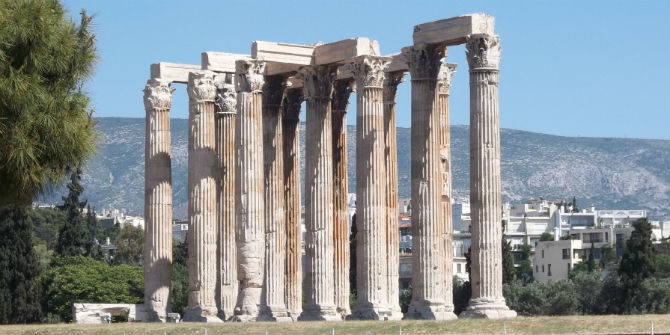It was not pretty. In fact the deal made on 18 March on implementing Leveson was a lesson in how not to do policy. It demonstrated with abundant clarity why Leveson himself singled out media policymaking as a special case, in which minsters face acute pressure from interested parties that are uniquely able to bring pressure to bear, and shape public opinion.
After an Inquiry and negotiations totalling 20 months, the deal has all the hallmarks of a last-minute political fudge. The Royal Charter claims political support from all three main parties and from Hacked Off speaking for the victims, but newspapers are divided. Inevitably, for a process that did not involve proper public consultation and full Parliamentary debate, there are rough edges and remaining questions.
From the Pro-Leveson camp, Hugh Tomlinson argues that the exemplary damages regime proposed by Leveson should be implemented in full, rather than the watered down version agreed last week.
Tomlinson’s colleague at Hacked Off, Brian Cathcart sees the omission of Leveson’s Recomendation 33, a legal protection for freedom of the press, as a key failure. According to Cathcart, the press simply did not want such a clause in the Charter.
 Among those critical of Leveson’s recommendations, several newspapers are still grumbling about potential incompatibility with article 10 of the ECHR. Fraser Nelson of The Spectator announced that the right wing weekly news magazine will not sign up to a new regulator. As it stands, The Spectator (circulation around 60,000) will run the risk of increased costs and also exemplary damages if they deliver on this threat. The Times and The Telegraph had strongly critical coverage on the Charter, but have not yet clarified what their strategy will be now that the Government and opposition parties have agreed on its implementation.
Among those critical of Leveson’s recommendations, several newspapers are still grumbling about potential incompatibility with article 10 of the ECHR. Fraser Nelson of The Spectator announced that the right wing weekly news magazine will not sign up to a new regulator. As it stands, The Spectator (circulation around 60,000) will run the risk of increased costs and also exemplary damages if they deliver on this threat. The Times and The Telegraph had strongly critical coverage on the Charter, but have not yet clarified what their strategy will be now that the Government and opposition parties have agreed on its implementation.
Jacob Rees-Mogg, writing in The Telegraph, argues that a danger of the Charter is that the protections put in place to ensure the independence of the regulator could in fact increase the risk of the regulator going rogue and being difficult to replace.
It is clear, given the position of The Guardian, that the press are not speaking with a common voice in this respect. The Guardian is leading the pro-Charter camp as an imperfect but better-than-nothing deal, but The Times, The Telegraph and some others have dissented and are mulling their options.
The press are likely to view the battle over the Charter as yesterday’s battle. The very real question is how they will approach the next task of building a regulator, amending the code, and implementing the Leveson recommendations to which they apparently had previously agreed.
The ability of the press to act collectively is questionable. The Delaunay Agreement seems to have unravelled. A very real scenario is that we will see not one but two regulators being developed, or a significant rump of the print media deciding to stay out. It is possible – if not particularly likely – that a provider like The Spectator could take the Wikileaks route in the future, and seek to avoid jurisdiction if the print edition is to end.
And the issue of whether news blogs should be covered continues to perplex: the Open Rights Group have taken up the issue on behalf of the bloggers, and argue that the Crime and Courts Bill should be amended to provide an exemption for small blogs; whereas Carl Gardner on Inforrm says they should be covered.
This latter debate is one that is indicative of a wider set of issues that regulators around the world are still grappling with. The notion of what constitutes a ‘significant news publisher’ – i.e., who should be covered by the regulatory scheme – is linked to issues of convergence recently reviewed by the House of Lords Select Committee on Communications, as well as questions being discussed across Europe about how to define journalism and what should be considered ‘the press’.
The deal made on the Royal Charter is far from the end of the story of Leveson implementation. The difficult questions of who is in and who is out, or who is covered and who is not, still need to be answered, leaving us with a bigger question of whether we may be moving towards a future in which ‘The Press’ as a medium may not enjoy special privileges.




